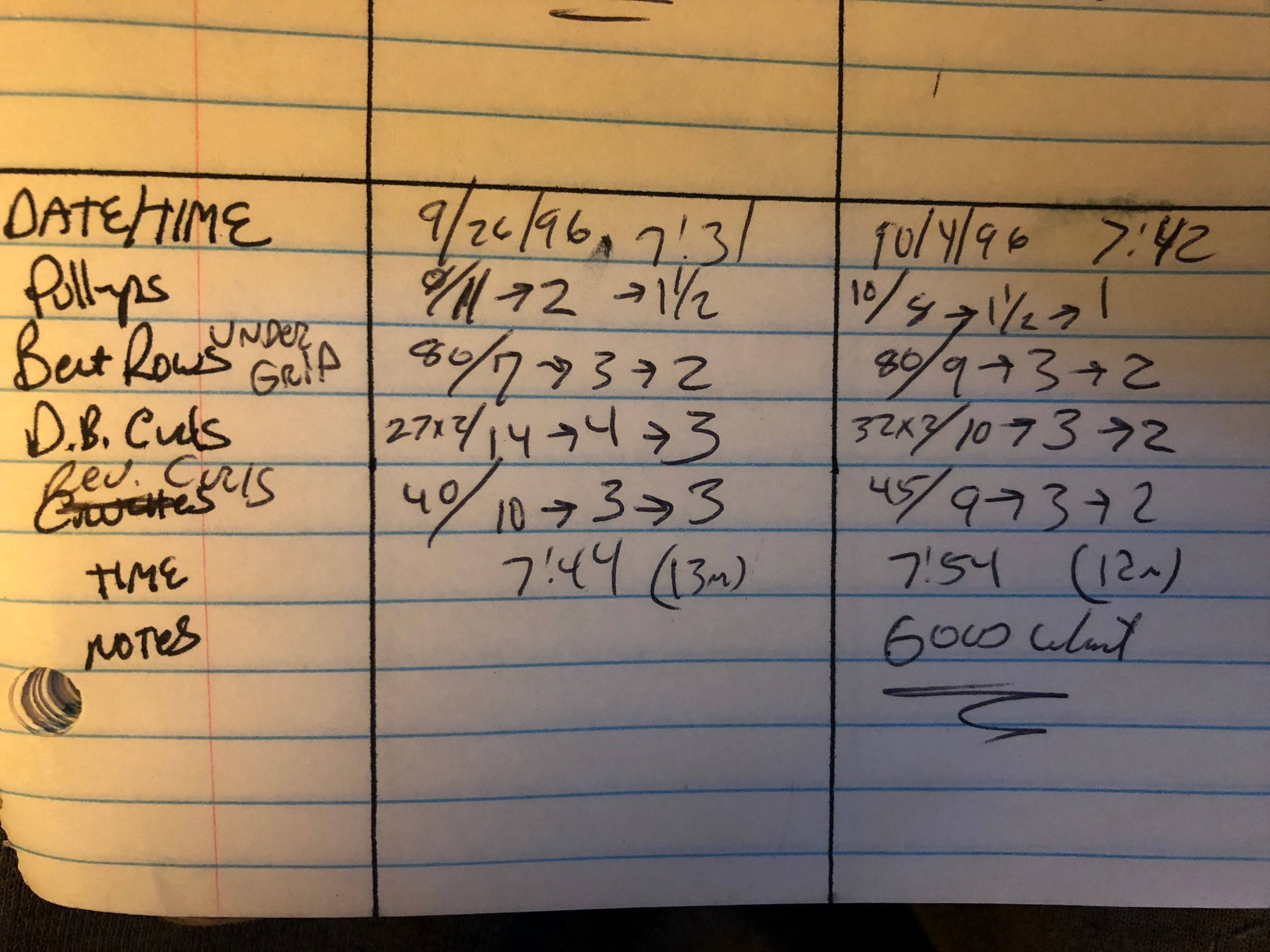The one thing the SD study doesn’t cover for me is the mental side of training.
I know I couldn’t handle three weeks off like that with any sort of frequency.
9-12 days is the common SD length, this was just from a proof-of-principle study. I personally find SD to be highly underrated, and wish I had been doing it on a regular basis these last few years of tinkering with various programming methods.
What is it that you can’t "handle"? If you have thoughts of needing to be in the gym for emotional reasons, I would perhaps do some introspection on that. The famous quote "Don’t let psychological needs dictate physiological reality" c0mes to mind. Do you just want to train for the sake of training, or do you actually want to make progress and stay healthy over the long haul?

